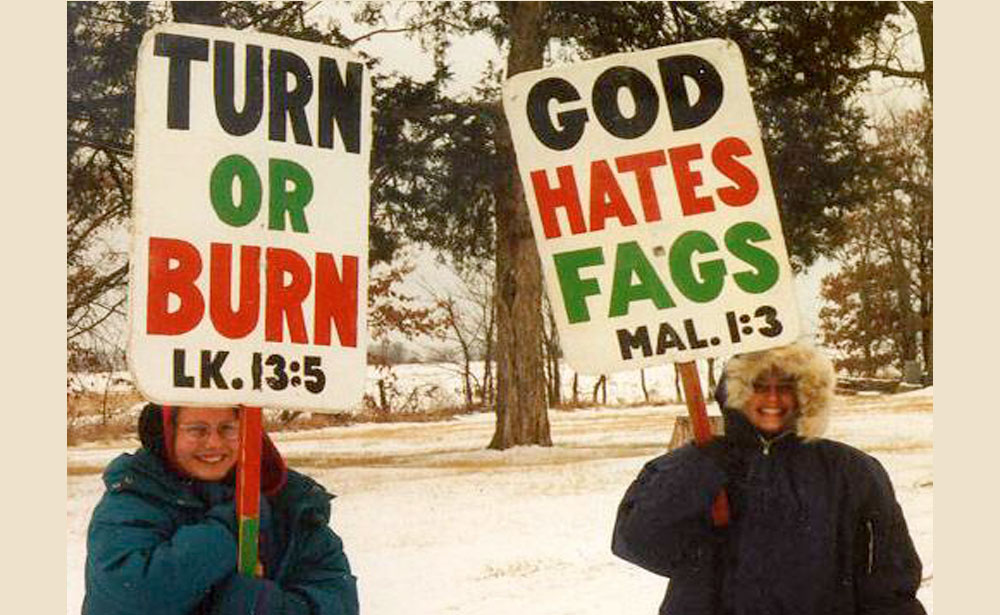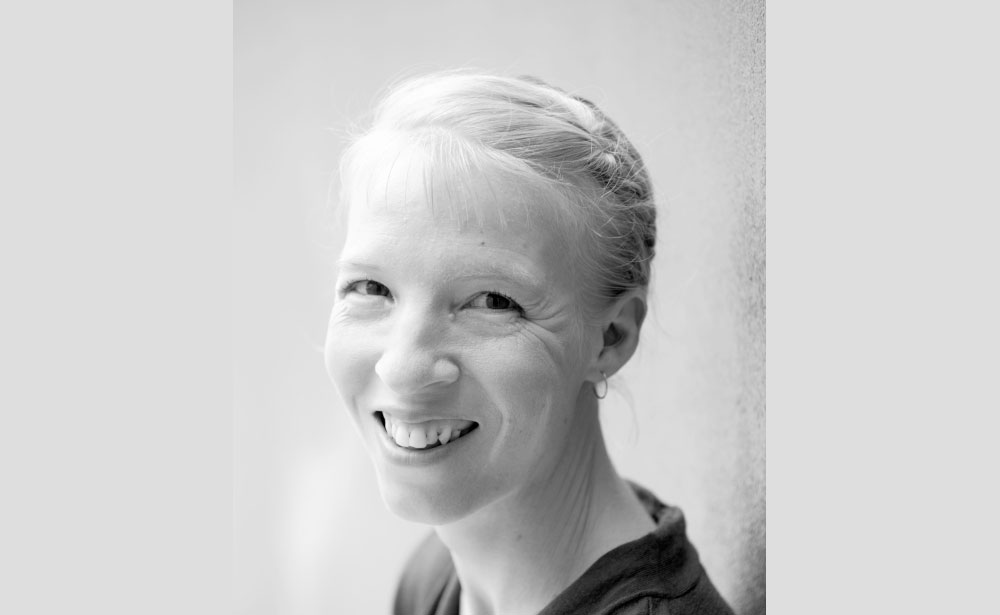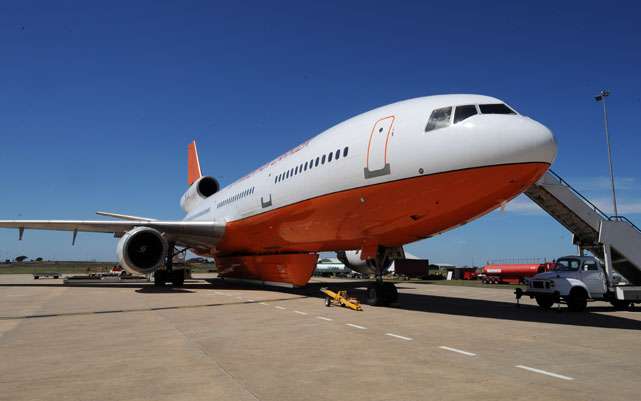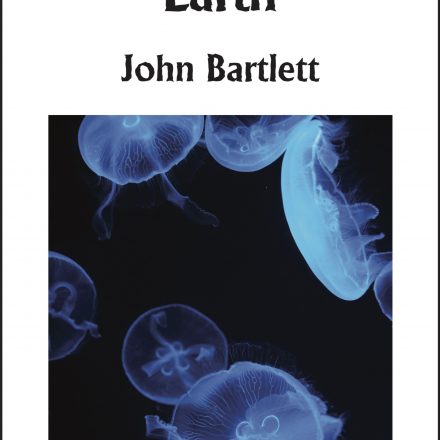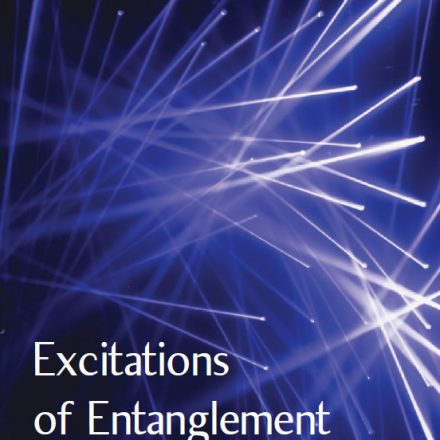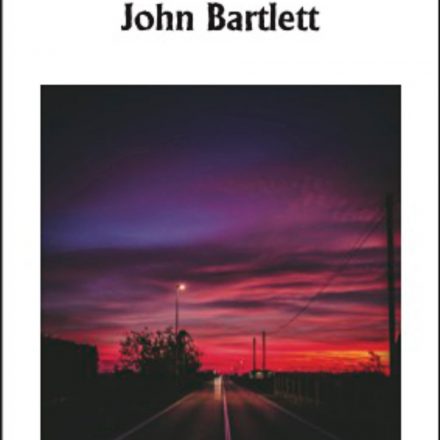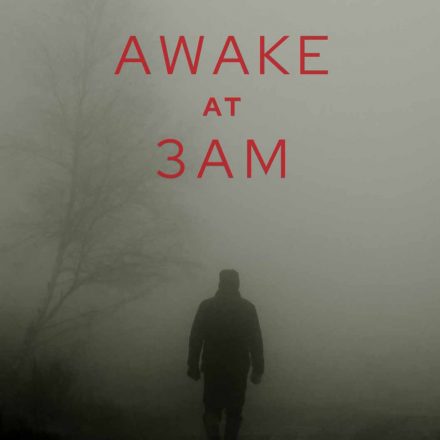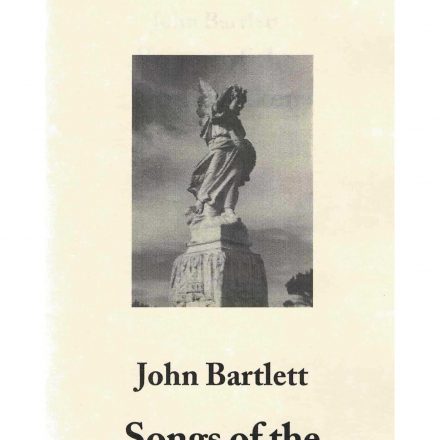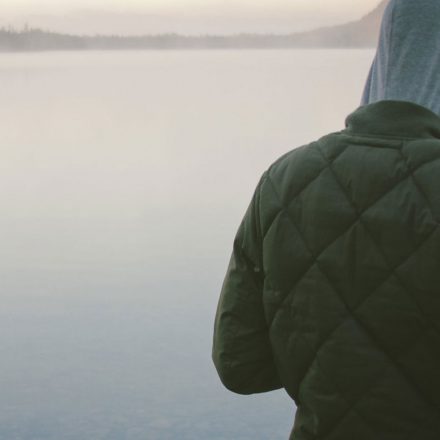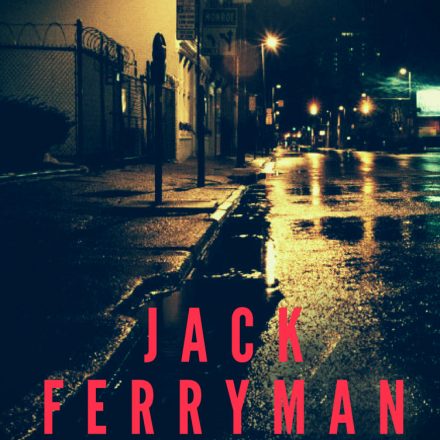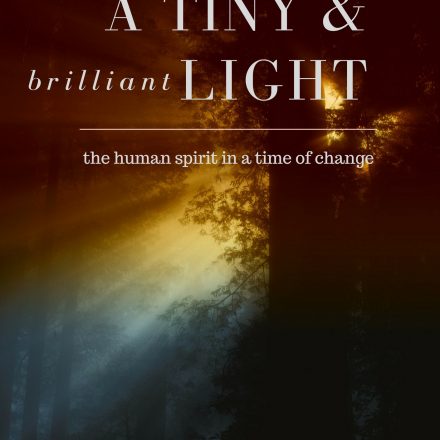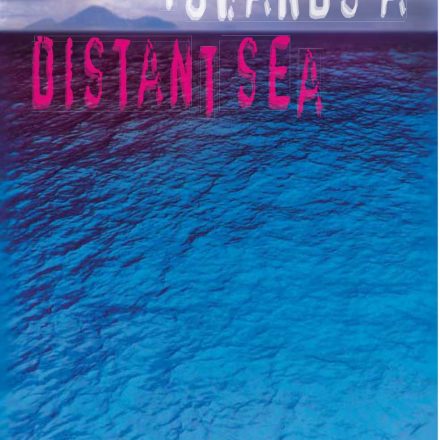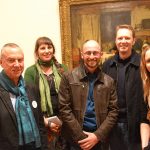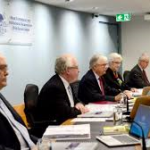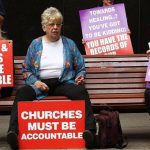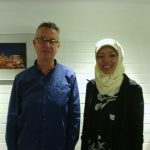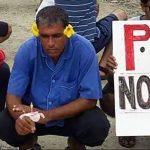 The suicide this week on Manus Island of a Rohingya refugee, Salim Kyawning, went largely unnoticed in the mainstream press. The Home Affairs Minister Peter Dutton was too busy in parliament scoring cheap political points to pay attention to the fourteenth death in offshore detention. When questioned by Greens member, Adam Bandt Dutton fumed: ‘I’m not here to take moral lecturing from the Greens.’
The suicide this week on Manus Island of a Rohingya refugee, Salim Kyawning, went largely unnoticed in the mainstream press. The Home Affairs Minister Peter Dutton was too busy in parliament scoring cheap political points to pay attention to the fourteenth death in offshore detention. When questioned by Greens member, Adam Bandt Dutton fumed: ‘I’m not here to take moral lecturing from the Greens.’
The facts were that Salim fled Myanmar’s genocide and had spent five years on Manus Island despite being officially considered a refugee and under the care of Australian authorities. We failed him. When did politics turn so cruel?
It would be too easy to point the finger at Minister Dutton and his department as we usually do as lacking in compassion so it’s worth drilling deeper and interrogating ourselves as to how we have allowed such a non-compassionate system to flourish mostly unchallenged except by a minority.
Has it been the collapse of our trusted institutions their betrayal of us that has made us a callous nation?
Is it our fixation on the need for security, on reinforcing our borders that has made us selfish and lacking in compassion?
Or is it simply that we are suffering from compassion fatigue where we have the time and energy only to care for our own families and friends, the growth of an ‘everyone for themselves’ philosophy?
Whatever the reason, it’s easy to be cowed into silence when speaking up means being labeled as merely ‘a bleeding heart’, ‘just politically correct’ or being a ‘moral lecturer’. All of these labels are intended to intimidate, to portray activists as weak, ignorant of political necessities, of making the hard decisions that strong politics demands.
I for one have lost hope in the current political institutions. It’s wearying and debilitating to witness the systemic cruelty in institutions and where solutions seem beyond our control.

However I’ve not lost hope in compassion arising from grassroots communities and organisations. Society can only be judged on the way it treats its most vulnerable, not by the number of billionaires or the number of gold medals at an Olympics. There are many small groups and communities active in Australia that are energetically fighting for those most vulnerable who have become the casualties of ‘trickle-down’ economics. There are enough people involved in community education, health, human rights, and disability advocacy to inspire all we ‘bleeding hearts’ and make our hearts sing.
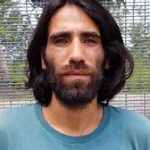 I’ll leave the last words on compassion and Salim to Behrouz Boochani, journalist and an Iranian refugee held on Manus, words which balance the reality of Australia’s institutional cruelty with the courage of grassroots activists such as Behrouz who refuse to give up on compassion.
I’ll leave the last words on compassion and Salim to Behrouz Boochani, journalist and an Iranian refugee held on Manus, words which balance the reality of Australia’s institutional cruelty with the courage of grassroots activists such as Behrouz who refuse to give up on compassion.
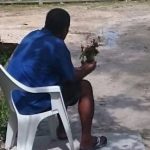 “Salim and many others were driven to death by the application of systematic torture. The death of Salim is the outcome of organised tactics of violence that involve a chain of command and administrative procedures. These are deaths ordered by political actors and a government that knows what it is doing; strategic manoeuvres designed to eliminate people incarcerated on Manus in the most violent way. The deaths that have taken place have had a profound effect on the inmates. Physical violence is only one aspect of the attacks; after all these years the system also plays sick games with tortured and vulnerable souls.”
“Salim and many others were driven to death by the application of systematic torture. The death of Salim is the outcome of organised tactics of violence that involve a chain of command and administrative procedures. These are deaths ordered by political actors and a government that knows what it is doing; strategic manoeuvres designed to eliminate people incarcerated on Manus in the most violent way. The deaths that have taken place have had a profound effect on the inmates. Physical violence is only one aspect of the attacks; after all these years the system also plays sick games with tortured and vulnerable souls.”


